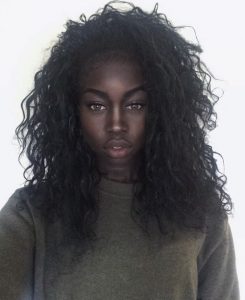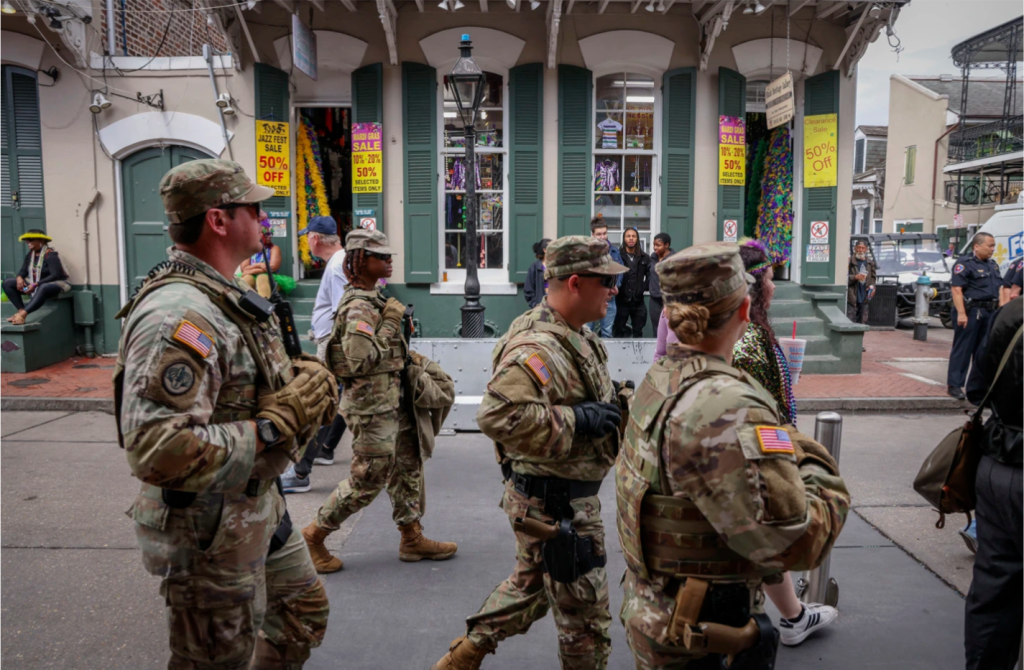(ThySistas.com)
“It was their contempt for their own blackness that gave the first insult its teeth. They seemed to have taken all of their smoothly cultivated ignorance, their exquisitely learned self-hatred, their elaborately designed hopelessness and sucked it all up into a fiery cone of scorn that had burned for ages in the hollows of their minds — cooled — and spilled over lips of outrage, consuming whatever was in its path.” – The Bluest Eye, Toni Morrison.
Women of color, black women especially, often struggle with seeing ourselves as beautiful when the epitome of beauty is something like white…What does the phrase “You’re’ pretty for a dark-skinned girl” even mean? If I were not dark, would I be ugly? Oh if I were fair skinned I would be even more stunning? People please understand this is an insult not a compliment.
Often referred to as colorism, or skin tone stratification, as black social scientist E. Franklin Frazier notes, mulattoes (blacks with white ancestry, often referred to as “biracial” today) have lived a privileged existence when compared with their “pure black”  counterparts since slavery. Fair-skinned blacks, or “house Negroes,” were often given additional privileges, such as working indoors and, at times, the opportunity to learn to read and to be emancipated by their white fathers, whereas dark-skinned slaves, or “field Negroes,” often worked in the fields and had more physically demanding tasks. The internalization of this “field Negro/house Negro” mentality and valorization of light skin tones continues to systematically affect the lives of African Americans and greater society in both overt and covert ways.
counterparts since slavery. Fair-skinned blacks, or “house Negroes,” were often given additional privileges, such as working indoors and, at times, the opportunity to learn to read and to be emancipated by their white fathers, whereas dark-skinned slaves, or “field Negroes,” often worked in the fields and had more physically demanding tasks. The internalization of this “field Negro/house Negro” mentality and valorization of light skin tones continues to systematically affect the lives of African Americans and greater society in both overt and covert ways.
Research shows that skin-color hierarchies operate in schools (some teachers respond more positively to light-skinned students and parents), dating and marriage markets (light-skinned black women are more likely to marry spouses with higher levels of education, occupational prestige, or income than their darker-skinned counterparts), the labor market (lighter-skinned blacks are more likely to be hired for jobs than darker-skinned blacks with same qualifications), and the criminal justice system (darker-skinned blacks have more punitive relationships with the criminal justice system compared with their lighter counterparts). As a result, light-skinned African Americans continue to earn more money, complete more years of schooling, marry “higher-status” people, live in better neighborhoods, and serve shorter jail sentences than dark-skinned African Americans.
The journey to self-love and appreciation began with the nature of reluctance towards accepting something less than greatness. It took a strong sense of understanding self before I could truly look in the mirror and be proud and happy of the woman that stared back at me. Yet, it was a journey that has shaped me into the woman that I am today. Instagram pictures and twitter collages praising the black woman now are not taunting, but refreshing. I look at those women and know that I am one of them. I was once a dark skinned, nappy headed, broad nosed, Black girl and I am a dark skinned, nappy headed, broad nosed, beautiful, proud Black woman. I am not beautiful in spite of my dark skin; I am beautiful because of it.
I soon found myself dealing with internal issues that were defining how I perceived myself on the outside. I became happier with the woman I was, which allowed me to see myself with new eyes. Appreciating my struggles and breakthrough allowed me to look at my nappy bush as a symbol of my story. My 4c coils are evident of a survivor, because despite the flat ironing, damaging, cutting, and despising; my coils will always revert to their true being, just as I have.
Staff Writer; Amber Ogden
One may also view more of her work over at; AmberOgden.com.
Also connect via Instagram; 1amberogden and Twitter; MsAmberOgden.










Leave a Reply